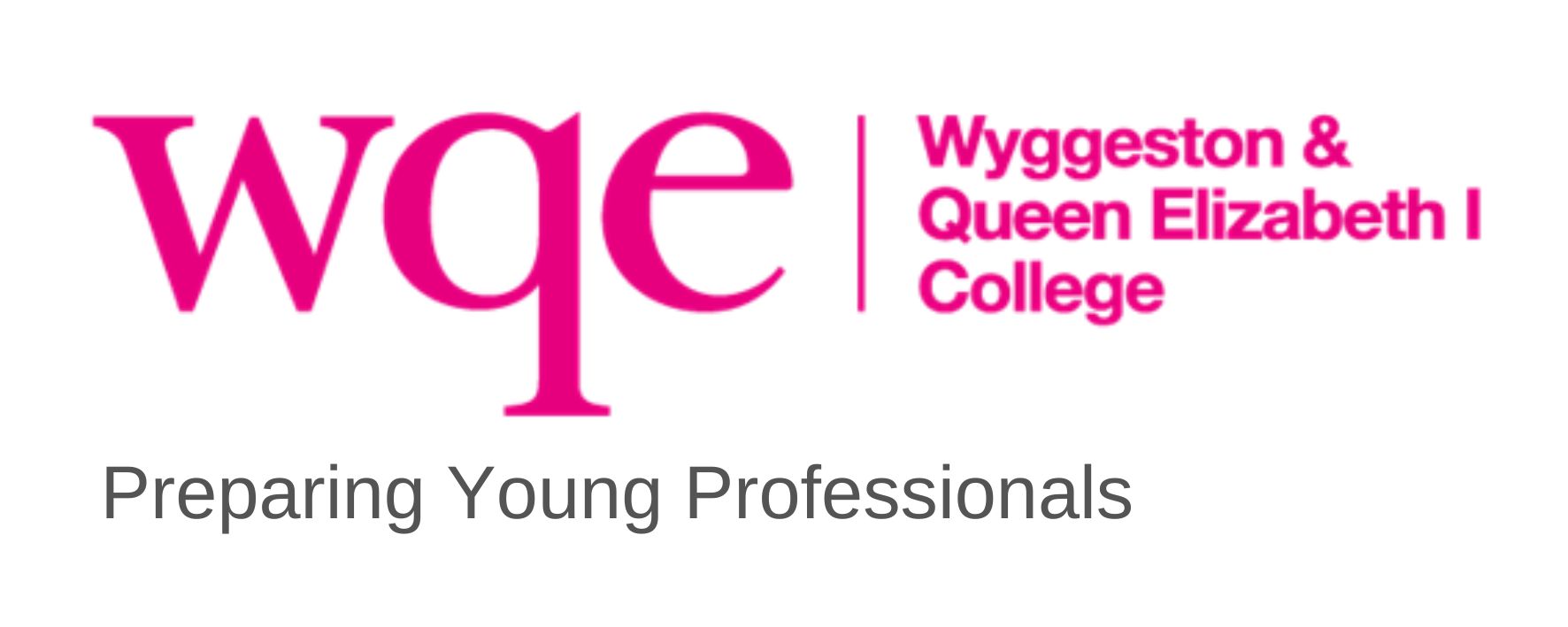Course Overview
Entry Qualifications
In addition to the standard College entry requirements (see below), this course normally requires students to have achieved grade 8 or above in higher level GCSE Mathematics as well as grades 8-9 in their other subjects. Further Mathematics counts as two subjects and will normally be studied alongside two other subjects.
What will I study?
Students will study A-level Mathematics and sit the exams at the end of Year 1. Having achieved at least a grad B in A-Level Mathematics students will study A-level Further Mathematics and sit the exams at the end of Year 2. Further Mathematics is designed for students with an enthusiasm for Mathematics, many of whom will go on to degrees in Mathematics, Engineering, the sciences and Economics. It is both deeper and broader than A-level Mathematics. A-level Further Mathematics builds from GCSE level and A-level Mathematics. As well as building on algebra and calculus introduced in A-level Mathematics, the A-level Further Mathematics core content introduces complex numbers and matrices, fundamental mathematical ideas with wide applications in Mathematics, Engineering, Physical Sciences and Computing.
Pure Mathematics topics include:
• Proof
• Complex numbers
• Matrices
• Further algebra and functions
• Further Calculus
• Further vectors
• Polar coordinates
• Hyperbolic functions
• Differential equations
Further topics from Statistics and Mechanics will also be studied.
How will I study?
In lessons students will be expected to take an active part in investigating and discussing new concepts and ideas. Both individual, paired and group work will be undertaken as appropriate. Internal assessment will be taken through the two years enabling feedback on exam technique, development of good study skills as well as supporting students with the focused learning of the concepts, ideas and problem-solving skills.
How is the course examined?
A level mathematics will be assessed at the end of the first year by three 2 hour examinations, each exam is worth one-third of the final grade. A level Further Mathematics will be assessed at the end of the second year by four 1.5 hour exams, each exam is worth one-quarter of the final grade.
Where next?
This course is strongly recommended to those who are firmly convinced that they wish to go on to study Mathematics, Physics or Engineering at university.
What does the course combine well with?
Mathematics is one of the best subjects to develop your analytical, research and problem-solving skills. Not only will studying maths help give you the knowledge to tackle scientific, mechanical, coding and abstract problems, it will also help you develop logic to tackle everyday issues like planning projects, managing budgets and even debating effectively. It goes well alongside subjects such as Physics, Chemistry, Economics, Psychology, Computer Science and Biology.
College Entry Requirements
We normally expect applicants to have achieved good GCSE passes in at least six subjects, these must:
• demonstrate the suitability for Advanced Level study
• have been achieved at Grade 4/C as a minimum
• include two at Grade 5/B as a minimum
• include English Language – a minimum grade of 4/C
Mathematics – If not achieved within the scope of the above should normally be achieved at grade 3/D. If mathematics is not achieved at grade 4/C then it will be a requirement to continue to study at the correct level until a grade 4 is achieved. Subjects with a mathematical content will require a higher grade.

